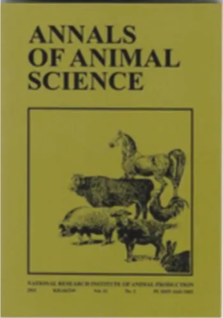Document type: Scientific review published in Frontiers in Veterinary Science
Author: Sarah J. J. Adcock
Preview: Farm animals routinely undergo painful husbandry procedures early in life, including disbudding and castration in calves and goat kids, tail docking and castration in piglets and lambs, and beak trimming in chicks. In rodents, inflammatory events soon after birth, when physiological systems are developing and sensitive to perturbation, can profoundly alter phenotypic outcomes later in life. This review summarises the current state of research on long-term phenotypic consequences of neonatal painful procedures in rodents and farm animals, and discusses the implications for farm animal welfare. Rodents exposed to early life inflammation show a hypo-/hyper-responsive profile to pain-, fear-, and anxiety-inducing stimuli, manifesting as an initial attenuation in responses that transitions into hyperresponsivity with increasing age or cumulative stress. Neonatal inflammation also predisposes rodents to cognitive, social, and reproductive deficits, and there is some evidence that adverse effects may be passed to offspring. The outcomes of neonatal inflammation are modulated by injury etiology, age at the time of injury and time of testing, sex, pain management, and rearing environment. Equivalent research examining long-term phenotypic consequences of early life painful procedures in farm animals is greatly lacking, despite obvious implications for welfare and performance. Improved understanding of how these procedures shape phenotypes will inform efforts to mitigate negative outcomes through reduction, replacement, and refinement of current practices.





